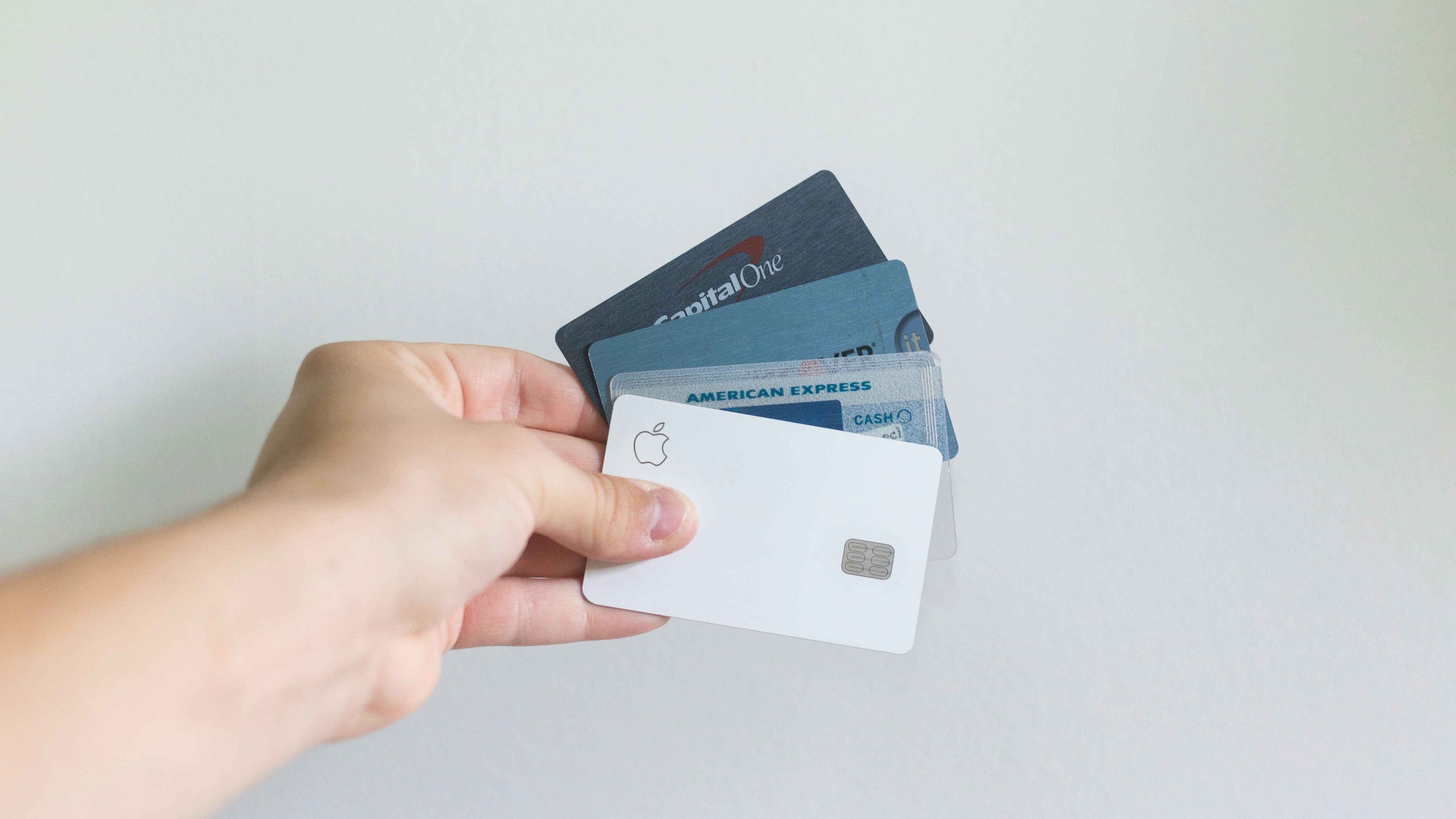Although the novel coronavirus has hampered international travel, many state restrictions have been lifted. It’s now possible to travel to many places within the United States. Airlines have resumed operations, and those who have concerns about air travel can opt to travel by bus, train, or vehicle. If you’re planning to travel out of state this fall, use these tips to ensure you’re prepared to have a wonderful, safe vacation, despite the coronavirus pandemic.
1. Buying Insurance
If you’re heading out on the open road this fall, an RV is a great vehicle to have. With all that extra space, an RV will have everyone feeling comfortable and able to space out. If you end up renting an RV for your travels, you’ll want to make sure you’re covered for any costly repairs you may incur if your RV breaks down while traveling.
Invest in the Good Sam Extended RV Warranty before you leave. The Good Sam Extended Service Plan (ESP) covers repairs at all licensed facilities nationwide. It provides extensive coverage for most of your critical systems, including your RV’s brakes, transmission, entertainment system, and waste system. With the Good Sam ESP, you will be able to join the camping world with peace of mind, knowing that if you have mechanical issues while you’re on the road, you will only need to pay a deductible fee to have your RV repaired, regardless of what kind of travel trailer you end up renting.
You should also purchase travel health insurance. Check your health insurance plan to confirm what is included and purchase any additional health insurance required. With active health insurance, you won’t have to worry about expensive medical bills if you have a health emergency during your travels. If you have decided to travel with your pet, consider getting pet insurance as well. Bivvy offers some cheap and reliable plans worth checking out.
2. Vehicle Maintenance
Be sure to have your RV inspected before you leave. Although insurance can cover repair costs, if your RV breaks down, you will lose time waiting for it to be fixed. Have a licensed mechanic check your RV’s essential systems to ensure that they’re working correctly. Get the oil changed and top up all of the essential fluids. You may also want to replace worn tires and have your tires rotated before you depart.
3. Packing Essentials

Pack travel shirts, which are designed to be comfortable and do not wrinkle, so you will not need to worry about ironing clothes while you’re away. Travel clothes are lightweight, which makes them versatile. They’re also machine washable, which is ideal when traveling since you will not need to worry about washing your travel shirts by hand.
Take a breathable mask for running so that you can exercise safely while following recommended safety guidelines. Movement masks allow airflow and keep your face cool. The breathable fabric also enables you to wear a mask without fogging up your glasses. The material also retains its form when you’re breathing, which makes this design ideal for hiking, jogging, or engaging in other outdoor activities.
Take appropriate footwear, sweaters, raincoats, and jackets. You will be able to layer clothes when necessary and have suitable apparel for all weather conditions.
Other essential items include your identification, toiletries, camera, smartphone, emergency contact numbers, sunscreen for UV protection, and medications. It’s a good idea to pack your towel and washcloth. You may also need camping equipment, such as pots, cookstoves, lights, and sleeping bags for use at the campground or in your camper.
4. Researching Destinations

Whether you plan to explore one of the nation’s 421 official National Parks, want to visit the Key to the South, or intend to spend your vacation on a beach, it’s a good idea to do some research before you leave. Check the seasonal weather averages to determine if you need to pack your bathing suit or an extra sweater. Learn about the local history and notable sites and make a list of any places of interest you want to visit. It’s a great idea to have backup plans if you have bad weather and need indoor activities to enjoy.
It’s also important to check local restrictions due to COVID-19. Counties and states may impose restrictions on recreational venues, restaurants, bars, and other places of interest to limit the spread of the coronavirus, so have various options ready to go in case of closures.
5. Logistical Preparation

You may need to see your physician before you depart and purchase prescription medications, or make arrangements to refill your prescriptions while you’re traveling. Looking after this before you leave can prevent you from having a medical emergency while you’re on the road.
Contact your financial institutions, including your credit card companies. Tell them about your travel plans and the dates you will be away. This can prevent your credit card from being suspended if the company suspects out-of-state charges of being fraudulent charges.
You may want to inform trusted neighbors or family members of your travel plans to ensure someone looks after your property, or hire a security company to monitor your home during your absence. If you have pets, you may need to make arrangements for someone to care for them.
Leave a Reply